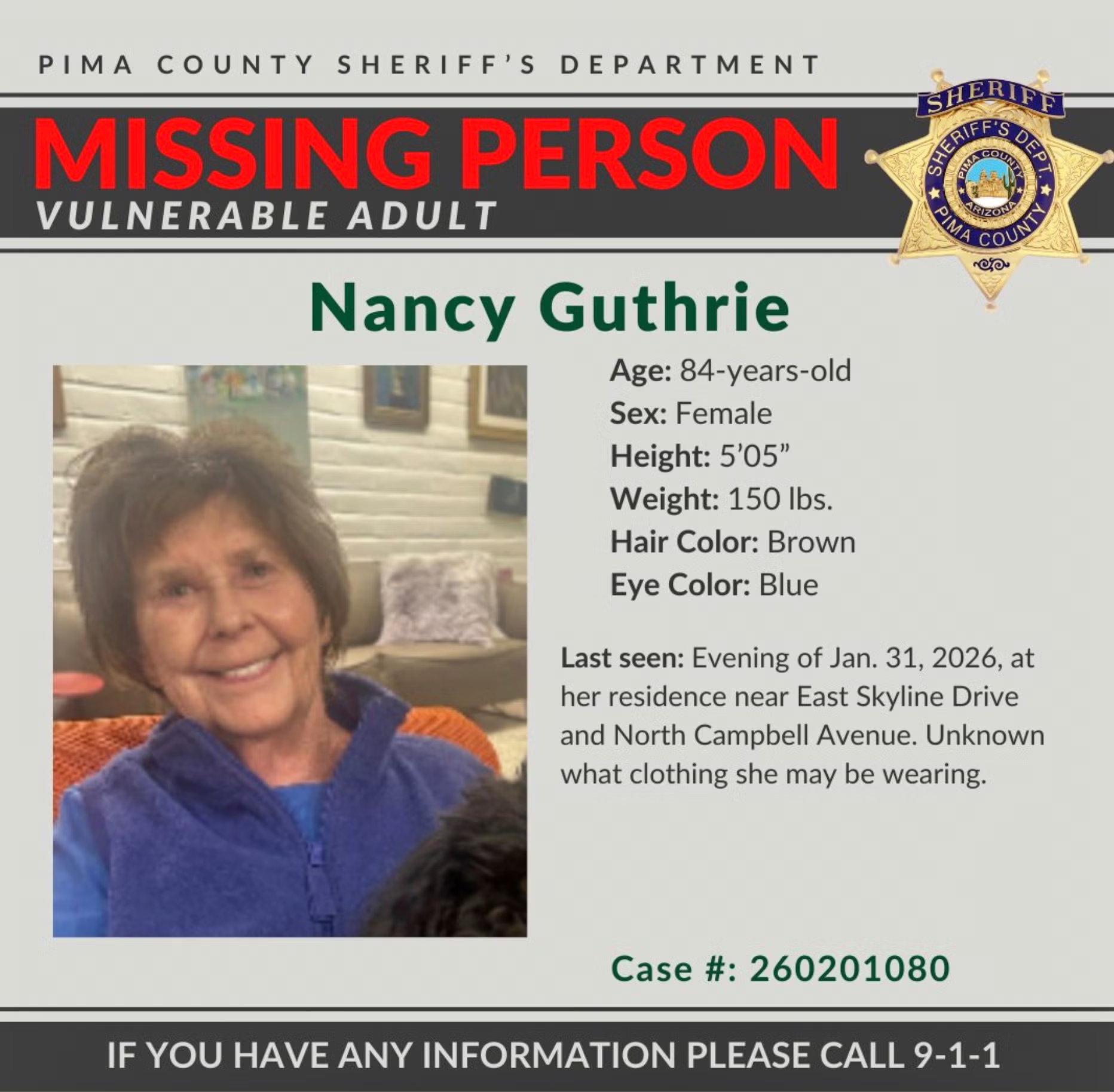The borough of Staten Island, one of the five integral parts of New York City, awoke to devastating news on May 19, 2025, as word spread of the death of 37-year-old Libu Joseph. Known affectionately to his family, friends, and neighbors as a gentle soul and a deeply empathetic man, Libu’s passing was not merely the loss of one individual, but a communal rupture that resonated far beyond the physical boundaries of his Staten Island neighborhood. According to the brief statement released, Libu died by suicide, a tragic end to a life that had offered light, comfort, and warmth to many.
Born in 1988, Libu Joseph’s life, though cut short, was one marked by dedication to others, personal kindness, and a quiet resilience that made his presence a comfort to those fortunate enough to know him. His obituary, simple and solemn in tone, echoed the sentiments shared across the borough. It told of a man whose warmth and compassion extended to all corners of his life. The pain now felt in the wake of his death is a measure of how much he mattered to his community.
The facts surrounding Libu’s passing are few and purposefully restrained in the public release. The confirmed detail that he died by suicide is a sobering reminder of the invisible battles many people face. While privacy must be preserved in such delicate matters, the inclusion of this information signifies a broader call for awareness about mental health, grief, and the pressures that can exist even beneath a surface of compassion and generosity.
On the very same day that his death was confirmed, Libu Joseph was laid to rest following funeral services held at Matthew Funeral Home and Cremation Services Inc., located at 2508 Victory Boulevard in Staten Island. This rapid procession from death to funeral highlights both the immediacy of grief and the urgency with which mourning rituals must be organized when a tragedy of this nature strikes. The ceremony was attended by family, friends, and members of the local community, all united in their shared sorrow and the imperative to honor a man whose life had been rich in generosity, if ultimately burdened by unseen sorrow.
The choice of Matthew Funeral Home as the venue for Libu’s service was no coincidence. The establishment, situated in the heart of Staten Island, has long been a mainstay in the community, known for its empathetic handling of delicate services and its role as a gathering place during times of mourning. In keeping with the sensitivities of modern memorials, the funeral was also made accessible via live stream, ensuring that those unable to attend in person could still participate in the collective remembrance of Libu’s life. This extension of digital presence mirrored Libu’s own inclusive spirit, ensuring that everyone who wished to grieve with the family had the opportunity to do so.
In examining the life and death of Libu Joseph, we must turn our attention to the complexities of mental health and the broader societal context in which such tragedies unfold. Libu’s passing invites not only remembrance but reflection. Suicide remains one of the most pressing and poorly understood public health issues in the United States. According to the Centers for Disease Control and Prevention, over 48,000 people in the U.S. died by suicide in 2022, a staggering figure that underscores the urgent need for continued awareness, destigmatization, and resource allocation.
Mental health challenges do not discriminate; they are not confined to age, race, socioeconomic status, or background. The death of someone as universally liked and admired as Libu forces communities to confront the stark truth that appearances can be deceptive, and even the kindest souls may be suffering silently. The kindness for which Libu was known, the warmth and empathy he exuded—these qualities, though cherished by others, may have stood in contrast to his internal experience. This paradox is tragically common among individuals who die by suicide.
The funeral service on May 19 was more than a moment of communal mourning. It was a poignant symbol of collective grief and reflection. Eulogies, personal stories, silent tears, and shared embraces served not only to commemorate Libu’s life but also to implicitly acknowledge the pain and confusion left in suicide’s wake. Often, loved ones of those who die by suicide grapple with unanswerable questions—why didn’t he say anything? What signs did we miss? Could we have done more? These thoughts become part of the difficult terrain that families and communities must navigate in the months and years that follow.
In remembering Libu, it becomes imperative to focus not just on his death, but on the values and virtues by which he lived. His warmth, described repeatedly in the obituary, suggests a man deeply attuned to the emotional needs of others. His consistent willingness to help and comfort points to a life of quiet service, the kind that rarely makes headlines but leaves an indelible mark on individual lives. Every act of kindness he offered—whether in friendships, family gatherings, or casual encounters—is now part of his enduring legacy.
This legacy also demands a practical response. Mental health support must be accessible, visible, and normalized within communities. While this article cannot speak to the specific circumstances that led to Libu’s death, the general call to action is clear. Community leaders, healthcare providers, and local institutions must prioritize mental health education and outreach. Awareness campaigns, support groups, and affordable therapy options are not luxuries—they are necessities. The tragedy of losing someone like Libu must galvanize efforts to prevent such losses in the future.
There is also an emotional imperative for communities to foster spaces of openness and vulnerability. Too often, societal norms discourage emotional expression, particularly among men, reinforcing the harmful stereotype that strength equates to silence. Libu’s death is a heartbreaking reminder that true strength lies in seeking help and in being receptive to the help of others. Encouraging open dialogue about mental health must become as routine and accepted as discussing physical health.
In the days following Libu’s funeral, Staten Island began its slow and painful process of healing. Neighbors left flowers and candles near his home. Friends shared memories on social media and in quiet conversations. Families reminded one another to check in, to ask how someone is doing—and then to ask again. The community, shocked into awareness, became momentarily united in its collective grief and its nascent understanding of the invisible battles that people might be facing behind closed doors.
For Libu’s family, the loss is incalculable. The obituary makes clear their wish for privacy during this time of mourning, a request that must be respected and upheld. Yet, even within their grief, their willingness to share the cause of Libu’s death speaks to a courageous act of transparency. It is not an easy decision to make, particularly in communities where mental health stigma remains entrenched. By naming suicide as the cause of death, the family has implicitly taken a stand for honesty, awareness, and perhaps most importantly, hope. Hope that by confronting the truth, others may feel less alone, less ashamed, and more empowered to seek help.
As the weeks unfold, memorials may be established in Libu’s honor—perhaps a scholarship, a fund for mental health services, or simply a bench in a local park with a plaque bearing his name. These gestures, however symbolic, offer continuity. They suggest that while Libu’s life ended, his influence persists. The ripples of his kindness continue to move outward, touching lives he may never have even known.
Ultimately, the story of Libu Joseph is not defined by the tragedy of his death but by the fullness of his life and the clarity of the lessons it leaves behind. It is a call to compassion, a prompt to pay attention, and a reminder to care—deeply, consistently, and without delay. As Staten Island continues to mourn, it also begins to learn. In memory of Libu Joseph, let this learning become legacy.
If you or someone you know is struggling with thoughts of self-harm or suicide, please know that help is available. You are not alone. Confidential support is available 24 hours a day from national and local mental health hotlines, including the Suicide & Crisis Lifeline at 988.




